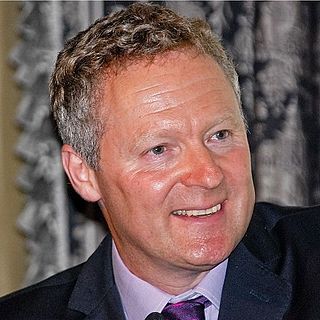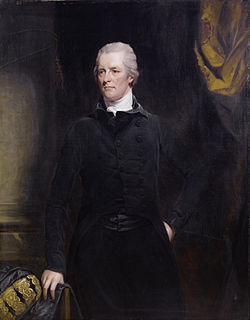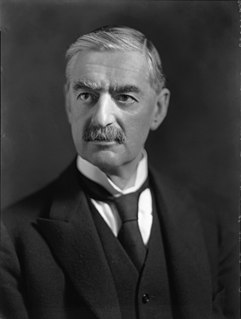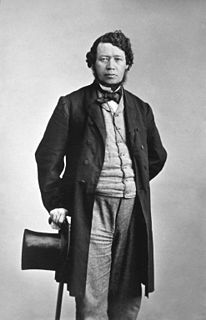A Quote by Alexander Hamilton
That there may happen cases in which the national government may be necessitated to resort to force, cannot be denied.
Related Quotes
If we resort for a criterion to the different principles on which different forms of government are established, we may define a republic to be, or at least may bestow that name on, a government which derives all its powers directly or indirectly from the great body of the people, and is administered by persons holding their offices during pleasure for a limited period, or during good behavior.
We established however some, although not all its [self-government] important principles . The constitutions of most of our States assert, that all power is inherent in the people; that they may exercise it by themselves, in all cases to which they think themselves competent, (as in electing their functionaries executive and legislative, and deciding by a jury of themselves, in all judiciary cases in which any fact is involved,) or they may act by representatives, freely and equally chosen; that it is their right and duty to be at all times armed.
All revolutionary advances in science may consist less of sudden and dramatic revelations than a series of transformations, of which the revolutionary significance may not be seen (except afterwards, by historians) until the last great step. In many cases the full potentiality and force of a most radical step in such a sequence of transformations may not even be manifest to its author.
Sir, it is true that republics have often been cradled in war, but more often they have met with a grave in that cradle. Peace is the interest, the policy, the nature of a popular Government. War may bring benefits to a few, but privation and loss are the lot of the many. An appeal to arms should be the last resort, and only by national rights or national honor can it be justified.
In the event of any action which clearly threatened Polish independence and which the Polish Government accordingly considered it vital to resist with their national forces, His Majesty's Government would feel themselves bound at once to lend the Polish Government all support in their power. They have given the Polish Government an assurance to this effect. I may add that the French Government have authorized me to make it plain that they stand in the same position in this matter.
I may say that here, as in most cases where the operations of nature interfere with the designs of man, it is not by a direct intervention on our part that we may remedy the difficulties, but rather by a precise knowledge of their causes, which may enable us, if not to check, at least to avoid the evil consequences.
Everything we did was done in form and with propriety, and the result of our proceedings is the document [the Quebec Resolutions] that has been submitted to the imperial government as well as to this house and which we speak of here as a treaty. And that there may be no doubt about our position in regard to that document we say, question it you may, reject it you may, or accept it you may, but alter it you may not.
The true secret in being a hero lies in knowing the order of things. The swineherd cannot already be wed to the princess when he embarks on his adventures, nor can the boy knock on the witch's door when she is already away on vacation. The wicked uncle cannot be found out and foiled before he does something wicked. Things must happen when it is time for them to happen. Quests may not simply be abandoned; prophecies may not be left to rot like unpicked fruit; unicorns may go unrescued for a very long time, but not forever. The happy ending cannot come in the middle of the story.































